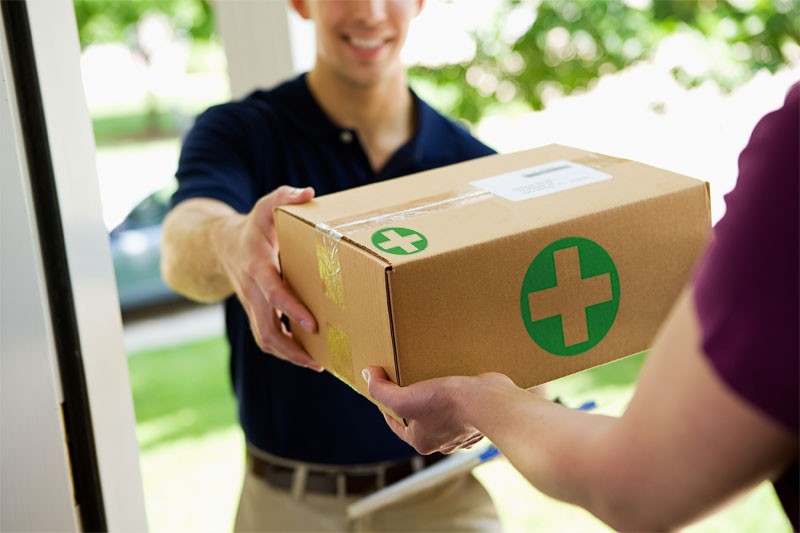In recent years, the healthcare industry has experienced a significant transformation, with technological advancements playing a pivotal role in enhancing patient care. One such innovation that has gained widespread recognition is the advent of medical delivery services. These services are revolutionizing the way healthcare products and medications reach patients, ensuring timely and efficient delivery to their doorstep. In this blog post, we will delve into the key aspects of medical delivery services, their benefits, and the impact they have on improving overall healthcare accessibility.
The Rise of Medical Delivery Services:
Traditional healthcare models often involved patients physically visiting pharmacies to collect medications, resulting in potential inconveniences, especially for those with mobility issues or chronic conditions. However, with the rise of medical delivery services, patients can now enjoy the convenience of having their prescriptions and medical supplies delivered directly to their homes.
The Convenience Factor:
One of the primary benefits of medical delivery services is the unparalleled convenience they offer to patients. Individuals can now skip the hassle of waiting in line at pharmacies or making multiple trips to healthcare facilities. This is particularly beneficial for elderly patients, those with chronic illnesses, or individuals residing in remote areas where access to healthcare resources may be limited.
Improved Medication Adherence:
Medical delivery services play a crucial role in enhancing medication adherence. By delivering medications directly to patients’ doorsteps, these services help ensure that individuals receive their prescriptions in a timely manner. This, in turn, reduces the risk of patients forgetting to take their medications, leading to improved health outcomes and a better quality of life.
Efficient Handling of Specialty Medications:
For patients requiring specialty medications or those with complex treatment plans, medical delivery services offer a streamlined solution. These services often specialize in handling and delivering specialized medications, ensuring that patients receive the precise treatments they need without any disruptions.
Enhanced Patient Safety:
Medical delivery services prioritize patient safety by employing secure and reliable transportation methods. Medications are handled with utmost care, and stringent quality control measures are in place to prevent any damage or contamination during the delivery process. This commitment to safety reassures patients that their healthcare products are in good hands from the moment they leave the pharmacy to the time they arrive at their doorstep.
Technological Integration:
The integration of technology has further elevated the capabilities of medical delivery services. Mobile apps and online platforms provide patients with the ability to track their deliveries in real-time, receive notifications, and even connect with healthcare professionals for additional support and information.
